Types of Birds Safe to Eat in an Emergency
Have you ever looked in the sky and seen the number of birds available in your area if you needed a new food source? I don’t know about you, but I’ve always wondered what types of birds are safe to eat in an emergency. In a survival situation, food is essential to maintain energy levels and stay alive. One potential food source that can be found almost everywhere is birds. While not all birds are safe to eat, many are, and knowing which ones can provide sustenance in an emergency could be a lifesaver. I want to discuss the types of birds safe to eat in an emergency or if meat becomes scarce.
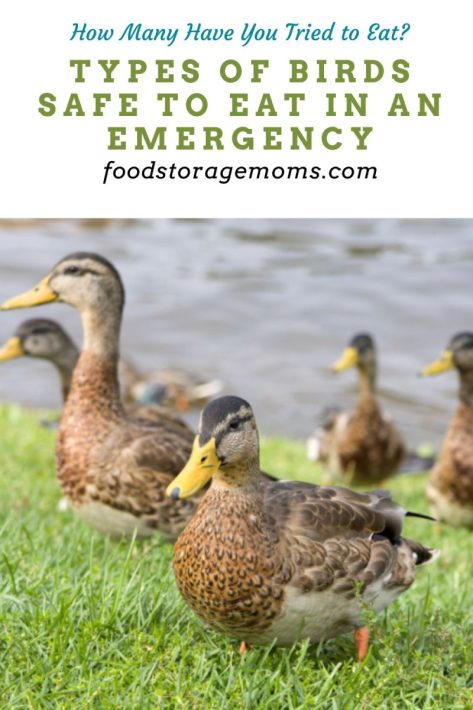
Types of Birds Safe to Eat in an Emergency
Pigeons and Doves
Pigeons and doves are common in both urban and rural environments, making them an accessible food source. These small birds are not only safe to eat but also relatively easy to catch. Their meat is lean and high in protein, which makes it a valuable resource in an emergency.
How to Catch Pigeons and Doves
To catch pigeons or doves, look for areas where they congregate, like parks, public squares, or near water sources. You can use a simple snare or bird trap to capture them. Be sure to cook the meat thoroughly to avoid any bacteria and related potential diseases.
Waterfowl: Ducks and Geese
Ducks and geese are another excellent option for emergency food. They are widely distributed across various habitats, including marshes, lakes, and ponds. Waterfowl provide a more substantial meal than smaller birds like pigeons or doves, and their fat content can be especially beneficial in a survival situation. These may be one of the safest types of birds to eat in an emergency.
How to Catch Waterfowl
Catching ducks and geese can be more challenging due to their wariness and ability to fly away quickly. However, if you manage to find a nesting area or a spot where they congregate, you may have success using a net or improvised trap. Once caught, pluck the feathers and clean the bird before cooking it thoroughly.
Game Birds: Quail, Pheasant, and Grouse
Quail, pheasant, and grouse are popular game birds in the edibles category that are safe to eat in an emergency. They are typically found in grasslands, forests, and other natural habitats. These birds offer a good amount of meat and are known for their delicious flavor, although it tastes more “gamey” due to their diet. Raising Quail: What You Need to Know
How to Catch Game Birds
Game birds can be challenging to catch due to their elusive nature and excellent camouflage. However, they often have specific routines and areas where they feed or rest, making setting up snares or traps in these locations possible. Be patient, and remember to cook the meat thoroughly to kill any potential parasites.
Seabirds: Gulls and Terns
Seabirds like gulls and terns can be found in coastal areas and are safe to eat in an emergency, although their meat may taste fishy due to their diet. In a survival situation, beggars can’t be choosers, and seabirds can provide much-needed sustenance.
How to Catch Seabirds
Seabirds can be caught using nets or improvised traps near their nesting or resting areas. Be cautious when handling these birds, as they may try to peck or bite. As with all wild-caught birds, cook the meat thoroughly to eliminate any potential health risks.
Chickens and Turkeys
Chickens and turkeys are domesticated birds that are safe to eat in an emergency. They are commonly found on farms or in rural areas, and their meat is both familiar and nutritious. Although they are domesticated, they can come with salmonella, so it’s important to properly cook the birds to minimize any health risks.
How to Catch Chickens and Turkeys
Catching chickens and turkeys can be relatively simple, especially if they are confined to a coop or pen. If the birds are free-ranging, you may need to use stealth and patience to get close enough to catch them. Once caught, pluck the feathers and clean the bird before cooking it thoroughly.
Safety Precautions and Cooking Tips
When consuming wild-caught birds in an emergency, always follow these safety precautions:
- Cook the meat thoroughly: Raw or undercooked bird meat can carry parasites or diseases that can harm humans. Cooking the meat until it reaches an internal temperature of at least 165°F (74°C) will help kill any pathogens.
- Avoid sick or dead birds: Do not consume birds that appear sick, injured, or dead. These birds may carry diseases or have been exposed to toxins that could be harmful if ingested.
- Clean and prepare the bird properly: Remove the feathers, head, and entrails before cooking. Be sure to wash your hands and any tools used to avoid cross-contamination.
Ways of catching the birds are outlined, what about shooting the birds instead?
Hopefully, you’ve planned ahead and evaluated your options in acquiring birds and other meat sources like rodents, reptiles, small game, and other wildlife. Depending on where you live, most states have licensing requirements that have to be met. It makes sense to do your research and inquire about what birds and other wildlife require a license to capture or kill. Also, inquire if there are any exemptions during emergency situations. Be sure to do your due diligence and have documentation about what is allowed and how to comply.
Note that the type of weapon used is important. A large caliber shotgun or rifle will likely destroy the smaller birds and small game, making the meat worthless. There are special shotguns used for birds like pigeons and doves so less “shot” is used to penetrate their bodies.
There are also issues when it comes to accessing private property. You can’t assume that the land is accessible due to the emergency. Property owners can be less than friendly if you trespass on their property without prior permission.
Are there health benefits to eating birds?
The benefits of eating meat and poultry are many. Meat sources provide protein that is critical for growth and development. Other nutrients we need are also found in the meat, such as iodine, iron, zinc, vitamins (especially B12), minerals, and essential amino acids.
The configuration and amounts of nutrients vary from bird to bird based on their diet. Most eat various forms of vegetation and include berries and grains.
Another option is to look for and eat bird eggs. Eggs contain Omega-3 fatty acids, are also high in protein, and essential minerals, and can prove helpful for eyes, brain health, lower the risk of heart disease due to the amount of good cholesterol.
Final Word
Knowing which types of birds are safe to eat in an emergency can be a valuable skill in a survival situation. Pigeons, doves, waterfowl, game birds, seabirds, and domesticated birds like chickens and turkeys all provide sustenance when other food sources may be scarce. Always remember to cook the meat thoroughly and follow proper safety precautions to ensure a safe and nutritious meal. What types of birds that are safe to eat in an emergency would you consume? I’d love to hear your thoughts! May God Bless this World, Linda
Copyright Images: Domestic Ducks on Green Grass Depositphotos_129283178_S, Wild Ducks Depositphotos_5757555_S

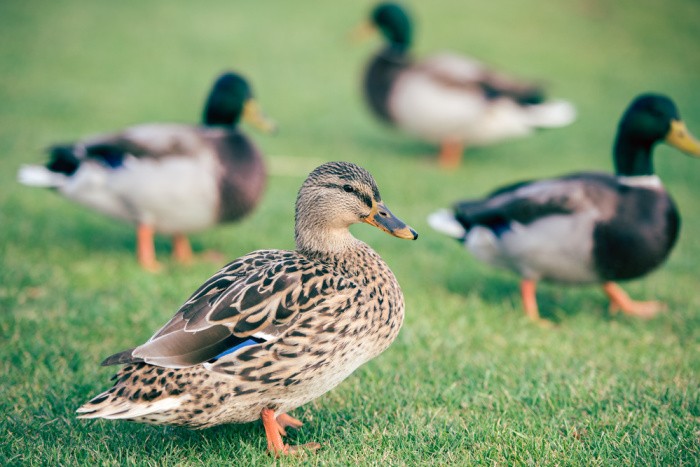

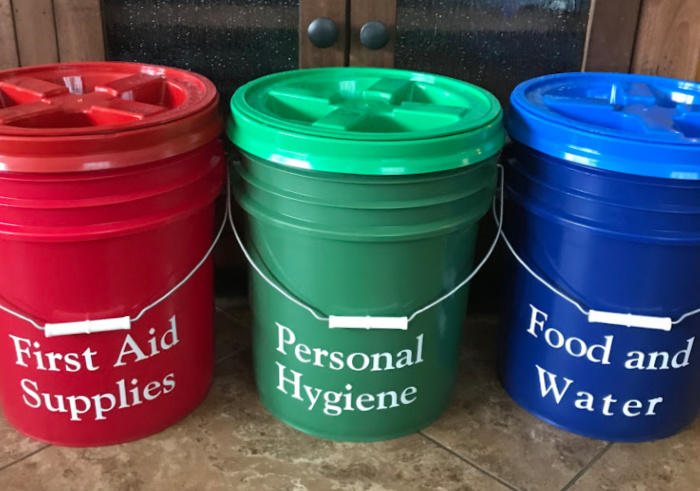


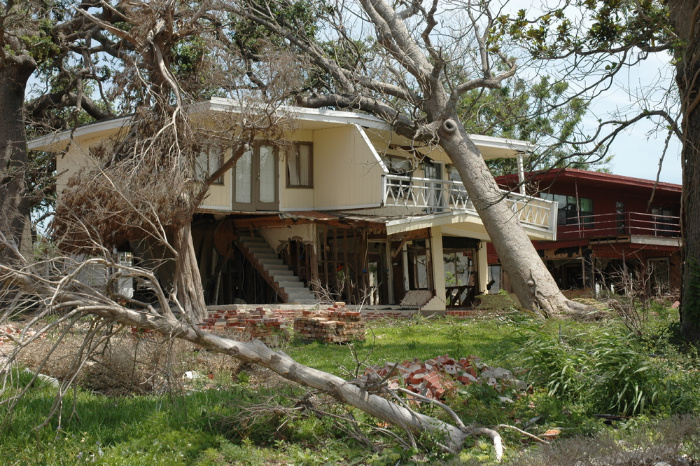
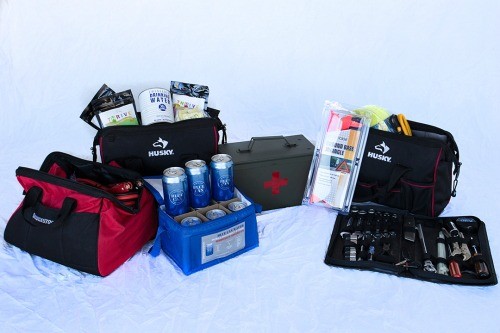


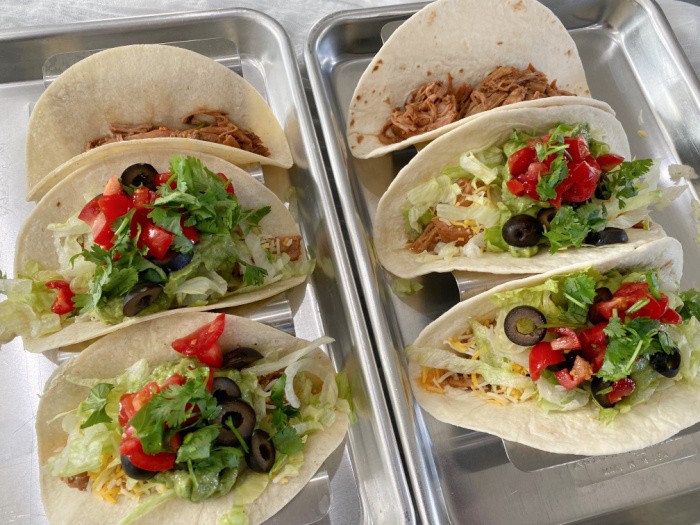

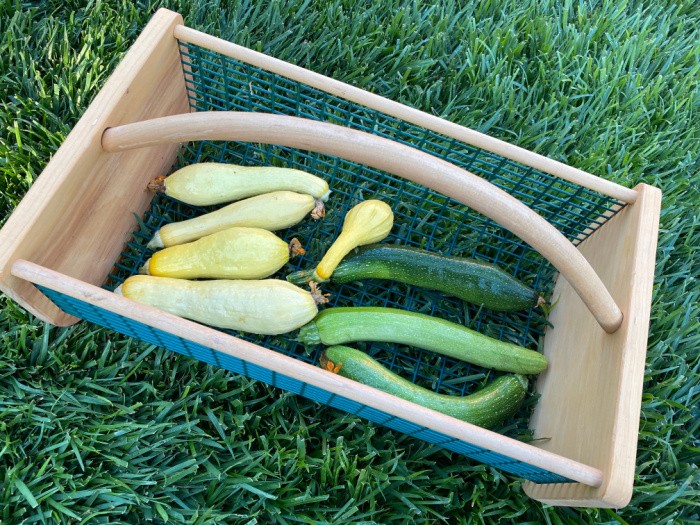
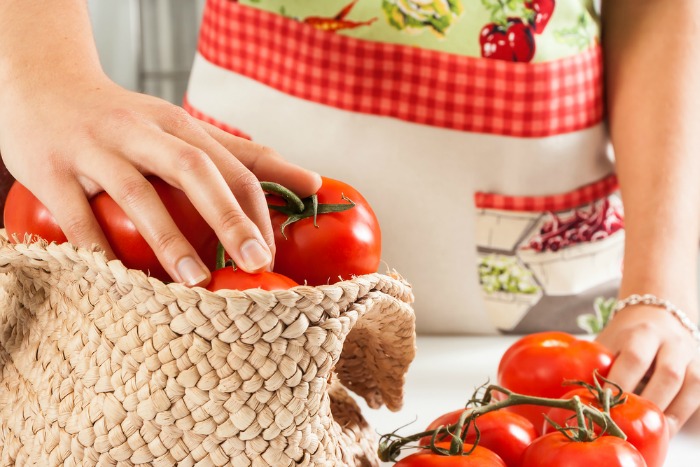

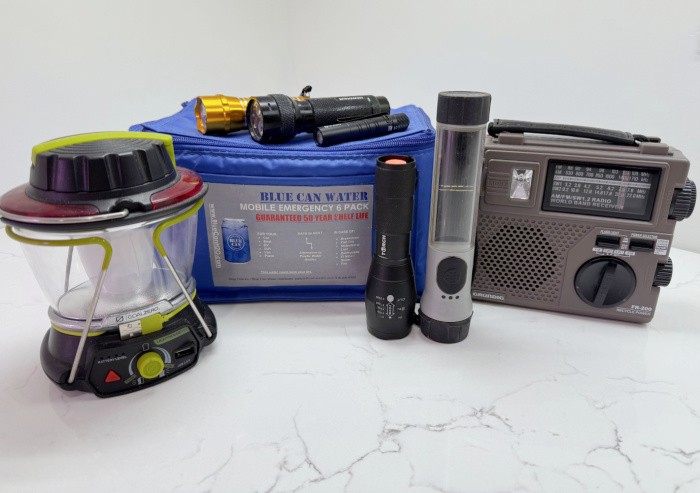
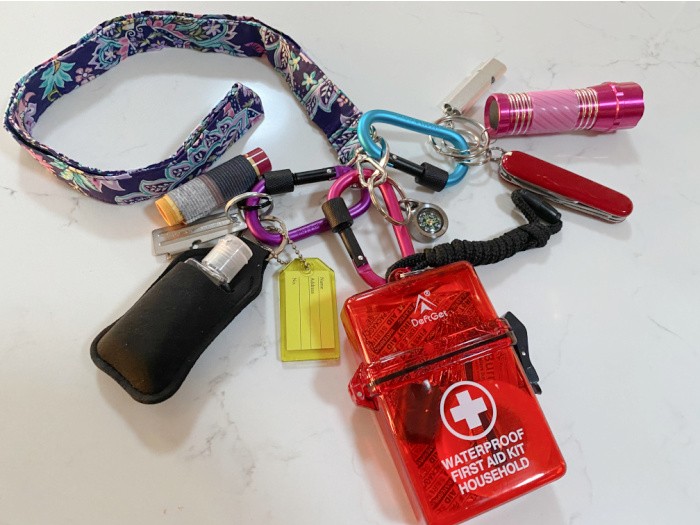





I’m unaware of any bird that’s not safe to eat.
Meat types vary like Robin is dark like dove but far as I know all birds can and will be eaten in an emergency.
If I was gonna shy off or be choosy ducks n geese that frequent sewer refinement facilities would be it lol.
Hi Matt, oh my gosh, you are so right the sewer refinement birds, YUCK!! LOL! I figured you would have eaten a Robin! You are my hero when it comes to eating wild hogs, and so much more! I have learned so much from you! Love your comment, Linda
I’d avoid vultures too, because the putrid carrion they eat contains decomposing bacteria that release toxins into the vultures bodies that end up in their meat. Doesn’t bother the vultures, but could definitely make you sick–or worse.
Linda, did you forget wild turkeys?
Hi Ray, oh I hadn’t thought of vultures, yeah there is no way I could eat those. I forgot about wild turkeys! I guess i really am a city girl! I grew up with sisters only and no sons, I was a baker at heart! LOL! Thanks for the reminder! Linda
Considering the “luxury meats” eaten by the nobility in the middle ages (to get *very* specialized, how about larks’ tongues!) I’d say most birds are edible… Depends on how much meat you’re getting for the effort involved!
Many an old barn has holes up on the gables of the loft, for bird access to the dovecote or pigeon cote (there’s one just down the road from us). The real purpose was for availability of the young squabs–better eating than the mature birds, and actually the fattest they’ll ever be just before fledging. And virtually no maintenance needed, other than occasional cleaning! The pigeons can pretty much feed themselves if necessary.
There’s been many a time I’ve looked out the window at the bird feeder, to see wild turkeys pecking around underneath! All I’d have needed is a good net…
Hi Rhonda, oh my gosh, I got the giggles over Larks’ tongues, never ever thought about that one!!! I totally agree on the effort to get the meat. Once when we were first married Mark brought home some doves as I remember, I remember saying. “where’s the meat”? It would take 10 to feed a family! LOL! Wow, you saw a wild turkey right under your bird feeder, I love hearing this!! I call that a picture moment! Linda
to catch the unusual birds to feast on – like your bird feeder type blackbirds, wrens, robins ect ect >>> stretch a fishing gill net across the backyard “glidepath” the birds take to the feeder meal ….
remember the child’s rhyme song of Twenty Blackbirds Baked Into a Pie >>> an actual recipe from yee ole’ days
HI Illini, that’s why, it takes so many birds to make a pie!!!! I like your fishing gill net idea! Brilliant! Linda
I have read that pigeons are good to eat, but never to eat crows. And some people consider pigeons to be nothing more than rats with wings, but when they’re healthy, they look beautiful and again, the meat is good to eat.
Now survival expert Cody Lundin says that mice or rats are easy to catch and well-cooked make for a viable, available and easy to catch meat source. All you need are the large size rat traps or you can buy or make little box traps and I have seen all kinds of traps on YouTube that you can construct from simple, common items. But…. I don’t blame anyone for saying, “No thanks” and they hope they’ll never be THAT hungry.
I would suggest in order to save time and develop some new skills to buy some books on trapping or to watch some YouTube videos. You can make a very simple trap from a basket or a light wooden frame covered with mesh. They look like something you’d put over food to keep the flies off.
You can also create loops that when stepped into will tighten around the bird’s body, neck or legs. The same as you might use to catch squirrels. And those fishing “Yo Yo’s” also work on birds.
David Canterbury has a couple of videos showing you how to make snares and also how to modify a slingshot or wrist rocket for hunting. From what I have seen, while blowguns might be nice, I think a slingshot presents a great, low cost, easy to master alternative. And you can carry them anywhere because they’re small and lightweight.
Otherwise I think the best thing for when the SHTF or it’s post doomsday that an air pistol or air rifle is the best tool. Again, for $50 to maybe $200, if you want to spend that much you have something easy to use and pellets are MUCH cheaper than bullets or shot.
Throwing sticks, rocks and boomerangs can work, but we’re preppers and we like to prepare and we have access to many tools to increase our chances of performing a task.
This is a subject nobody talks about, but a good to one to explore. You may have read about the “Giant African” snails invading parts of Florida and they carry a parasite, so that’s definitely NOT a food source.
HI Frank, I LOVE LOVE LOVE your comment, it;s so informative, thank you! I had not heard about the Giant African snails in Florida. Parasites are bad!! Great comment! You’re the best! Linda